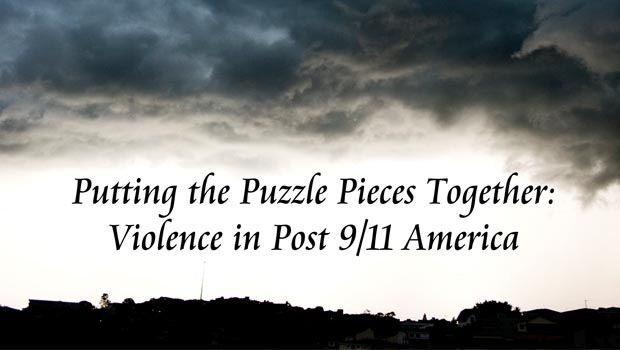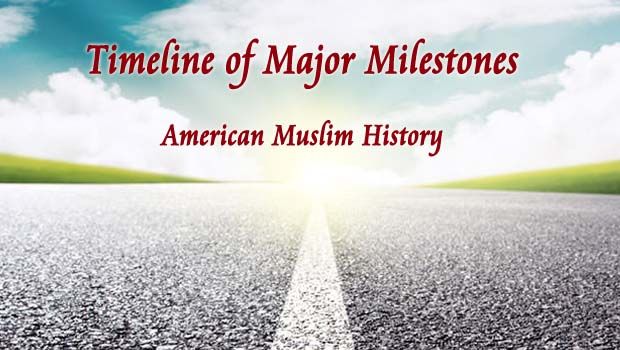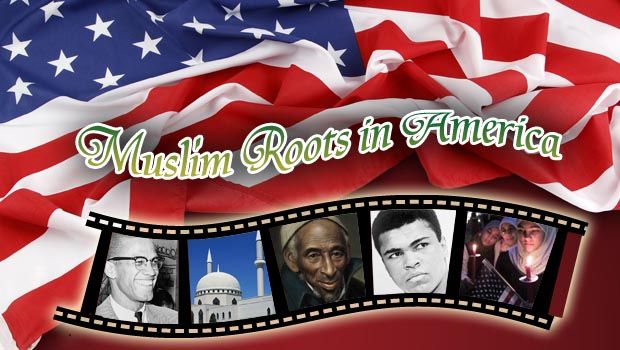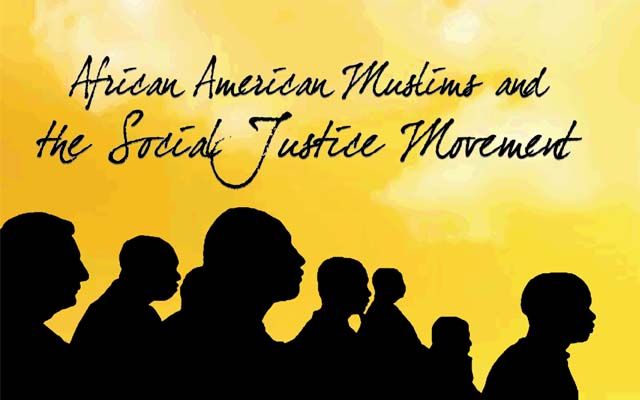In 1886, approximately a century after the establishment of the republic of the United States of America, the people of France gifted to this nation a 151-foot, green-colored statue appropriately designated the Statue of Liberty. The iconic statue, located in New York Harbor, represents Libertas, the Roman goddess of freedom. The robed female hoists a torch of freedom in her right hand, cradles a tablet evoking the law in her left, with a broken chain at her feet. For 127 years, the Statue of Liberty has welcomed immigrants to the shores of this country as a symbol of cherished religious, social, and economic freedoms that typically had little parallel in their countries of origin. The statue was closed to tourists for security and safety reasons from 2001 until 2009 following the horrific tragedy of September 11, 2001. However, the significance of the temporary closing of the popular tourist site paled in comparison to the seismic shift in the nation’s military, legislative, and social agenda in the aftermath of 9/11.
By no means is every gun owner a bigot, but every weapon in the hands of a bigot is a threat to the security of the country
In the months following 9/11, the Bush Administration advanced the government policy of an open-ended war on Al-Qaeda, the presumed perpetrators of the attacks on the Twin Towers and Pentagon, but also against any and all unaffiliated terrorists (which came to indiscriminately include legitimate resistance fighters and anti-imperialist “extremists” )found anywhere in the world. The United States unleashed a devastating invasion of Afghanistan in October 2001 with the stated intention of destroying Al-Qaeda training camps and removing the Taliban government of Mullah Omar, a supporter of Al-Qaeda. Although US troops have been reduced, the United States military and untold numbers of private military/security contractors are present in Afghanistan to this day. The United States invaded Iraq in 2003 resulting in a virtual total destruction of the infrastructure of the country. After withdrawing military personnel in December 2011, a reputed 100,000 US military contractors remain. The Patriot Act (Providing Appropriate Tools to Interrupt and Obstruct Terrorism Act of 2001) hastily passed the United States Congress in October 2001 with the majority of its members admitting that they never read the document. The civil liberties of American citizens were seriously eroded by the Patriot Act, as it seriously reduced restrictions on law enforcement in their gathering of intelligence within the United States, along with the implementation of other repressive measures. The United States Treasurer was empowered to regulate financial transactions like those of Muslim charities, while immigration and law enforcement officers were given expanded authority to detain and deport immigrants on suspicion of terrorism, oftentimes using the flimsiest of pretexts. Also, the Patriot Act expanded the definition of terrorism to include domestic terrorism.
Even though the United States was the beneficiary of emotional and material support from across the globe immediately following the 9/11 attack, that repository of sympathy turned to animus as many felt America’s worldwide anti-terror campaigns — which included extraordinary renditions, torture (euphemistically called enhanced interrogation techniques), and domestic crackdown on civil liberties — were unjustifiable. On the home front, savage verbal and physical attacks were conducted against Arabs and Muslims as prejudices and racism found a fertile environment from which to operate. Seemingly overnight, Muslims in the United States were viewed as being less than authentic Americans and belonging to a subculture of “others” who could never be trusted. Tim Wise, an anti-racist writer, educator, and activist insightfully stated in an article entitled Terrorism and Privilege: Understanding the Power of Whiteness, “…White privilege is knowing that if this bomber turns out to be white (Boston Marathon bomber), the United States government will not bomb whatever cornfield or mountain town or stale suburb from which said bomber came, just to ensure that others like him or her don’t get any ideas.” “…White privilege is knowing he or she will be viewed as an exception to an otherwise non-white rule, an aberration, an anomaly.” “…White privilege is knowing that even if the bomber turns out to be white (Boston Marathon bomber), no one will call for whites to be profiled as terrorists as a result, subjected to special screenings or threatened with deportation.” To substantiate his assertions, Wise lists over 50 white American domestic terrorists — such as Adam Lanza who killed his mother, 20 kindergarten students, and six adults in Sandy Hook Elementary School in Newtown, Connecticut — whose horrendous deeds did not result in reprisals against white Christian males.
From the terror stoplight-like display warnings during the Bush Administration to frequent announcements by Homeland Security under the Obama Administration of another domestic terror plot being foiled (more often than not, the plot materialized with the prompting and planning of an agent provocateur) the American public arguably feels less secure than at any time since September 11, 2001. Although ownership of a firearm is not necessarily correlated to being afraid of a foreign or domestic terror attack, there is a reasonable connection between the two.
Firearm manufacture and sales in the United States are a $33 billion industry. About 250,000 workers are employed in the firearm manufacturing industry, involving every state in the union. Of the $11.7 billion annual sales in firearms in the US, 60 percent are purchased by civilians, 15 percent by law enforcement, and 25 percent by the military. One half of six million guns manufactured in the United States each year are pistols with only 25 percent being hunting guns of various sorts. According to a recent survey by the Gallop Poll, 47 percent of Americans acknowledge having guns in their homes or somewhere on their property. New markets are targeted by gun manufacturers to guarantee future gun consumers. Hot pink colored rifles are designed with females in mind and magazines such as Junior Shooters propagandizes the idea that by the age of eight, boys and girls should own their own weapons and know how to shoot.
For the vast majority of Americans, ownership of weapons has nothing to do with any thought or intention of harming Muslims and is motivated solely by a desire to responsibly own weapons. Feelings of insecurity, however, can evoke in people dormant bigotry, a sense of “others” trespassing on their rights and privileges, and a xenophobic paranoia that they have to hunker down and protect their own person and family, property, and exclusivist patrimony. By no means is every gun owner a bigot, but every weapon in the hands of a bigot is a threat to the security of the country. At the same time, growing numbers of American pundits and citizens are critical of the all-consuming “war on terror” and question whether there are ulterior motives related more to imperial design than to protecting the American people. There are, for sure, those who foment feelings of insecurity among Americans for some contemptible expediency, whether it be factions within the government who wish to exploit crises to further political aims and unpopular policies, or fear-mongering demagogues who advance their careers with Islamophobic rhetoric. Sadly, the lethal combination of bigotry of all kinds including that which results from Islamophobic misinformation, feelings of distrust and insecurity among the general population, and the easy availability of deadly weapons, jeopardizes the safety of all Americans, not just Muslims, especially in the current incendiary times.
The lethal combination of bigoted paranoia and/or misguided opinion based on misinformation and the easy availability of deadly weapons jeopardizes the safety of all Americans, not just Muslims, especially in our current environment. For the vast majority of Americans, ownership of weapons has nothing to do with harming Muslims and is motivated solely by their right in this country to responsibly own weapons. By no means is every gun owner a bigot, but every weapon in the hands of a bigot is a threat to the security of the country.






